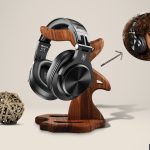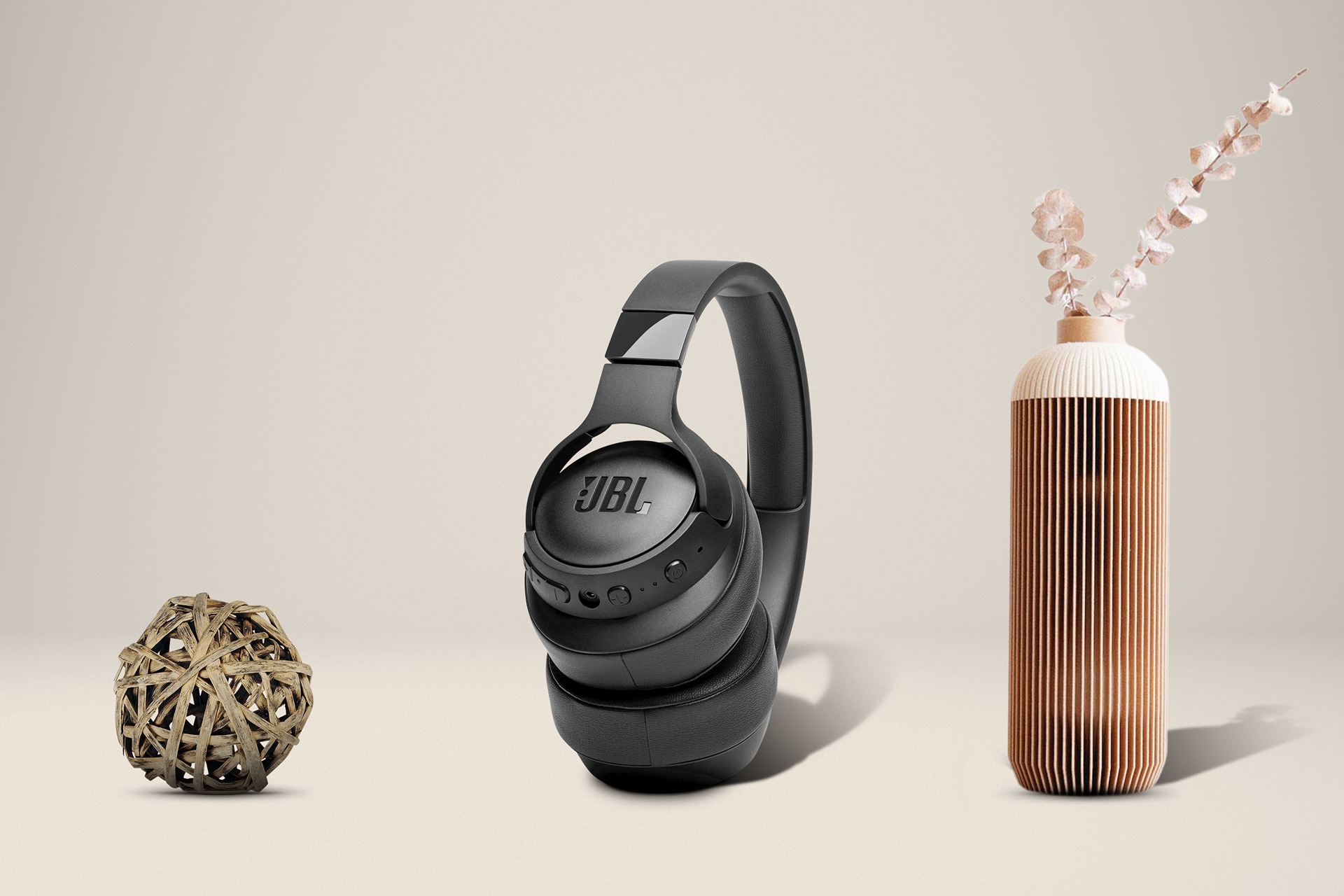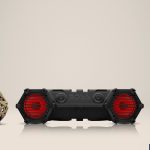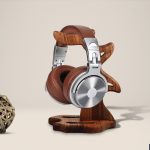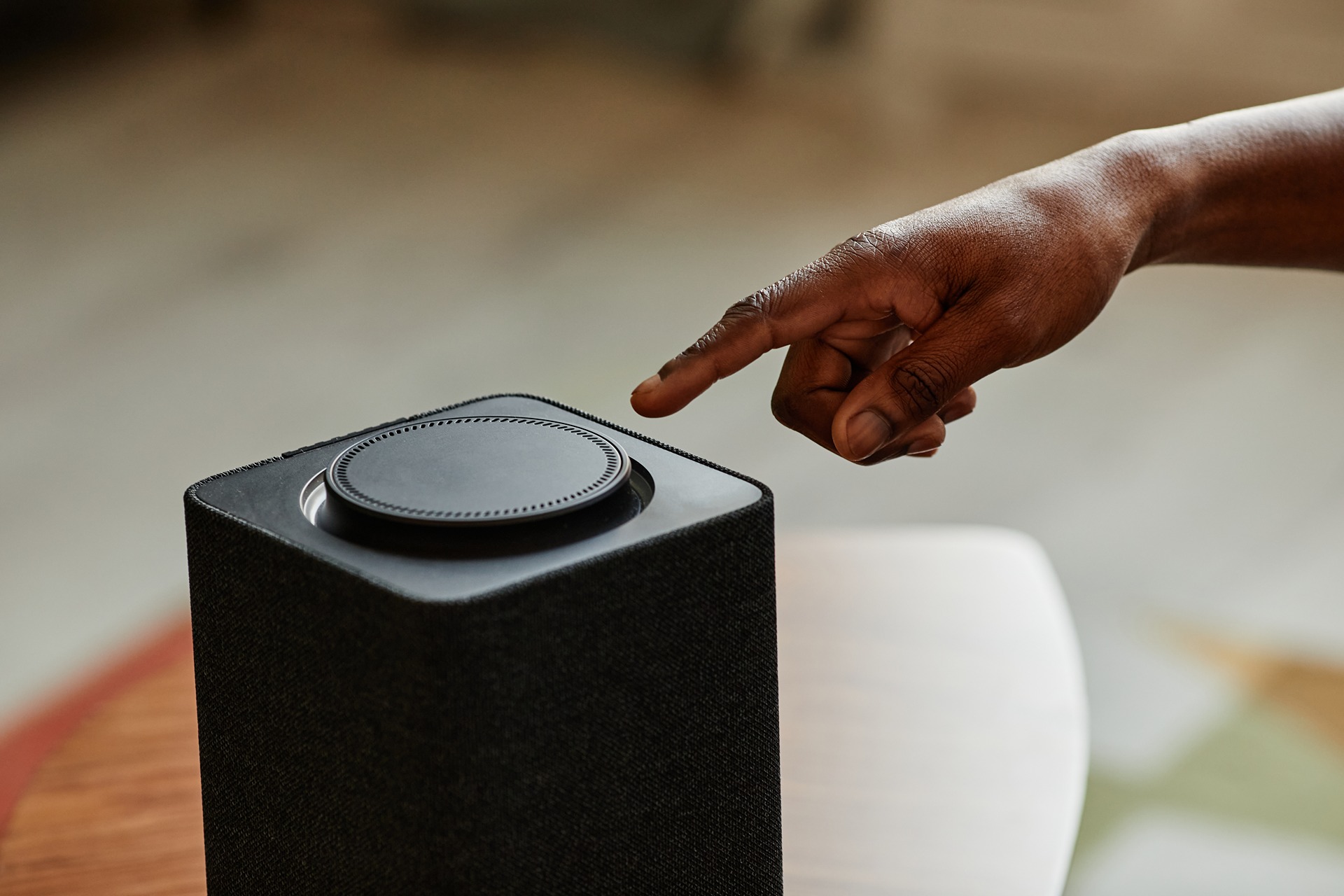
The term “blown” refers to a rising problem with the speaker’s sound. I assume you are here for a rescue, and I’m ready to give you that. When the speaker is blown, it creates irritating buzzing, noticeable scratching sounds, or even no sound at all. It doesn’t matter what the problem is; we are about to figure it out together. First and foremost, we will go through possible causes, and afterward, I will guide what to do in order to fix it. Let’s get straight to the point.
Key Takeaways
- A blown speaker means the cone or the voice coils are damaged in the speaker.
- You can tell the speaker is blown when you notice distortion, fuzz, or hiss sounds and the absence of vibration.
- Do NOT try DIY fixes, as you may end up destroying and throwing the speaker away. Let the professionals deal with it or alternatively replace it with the new one.
How To Tell If a Speaker Is Blown?
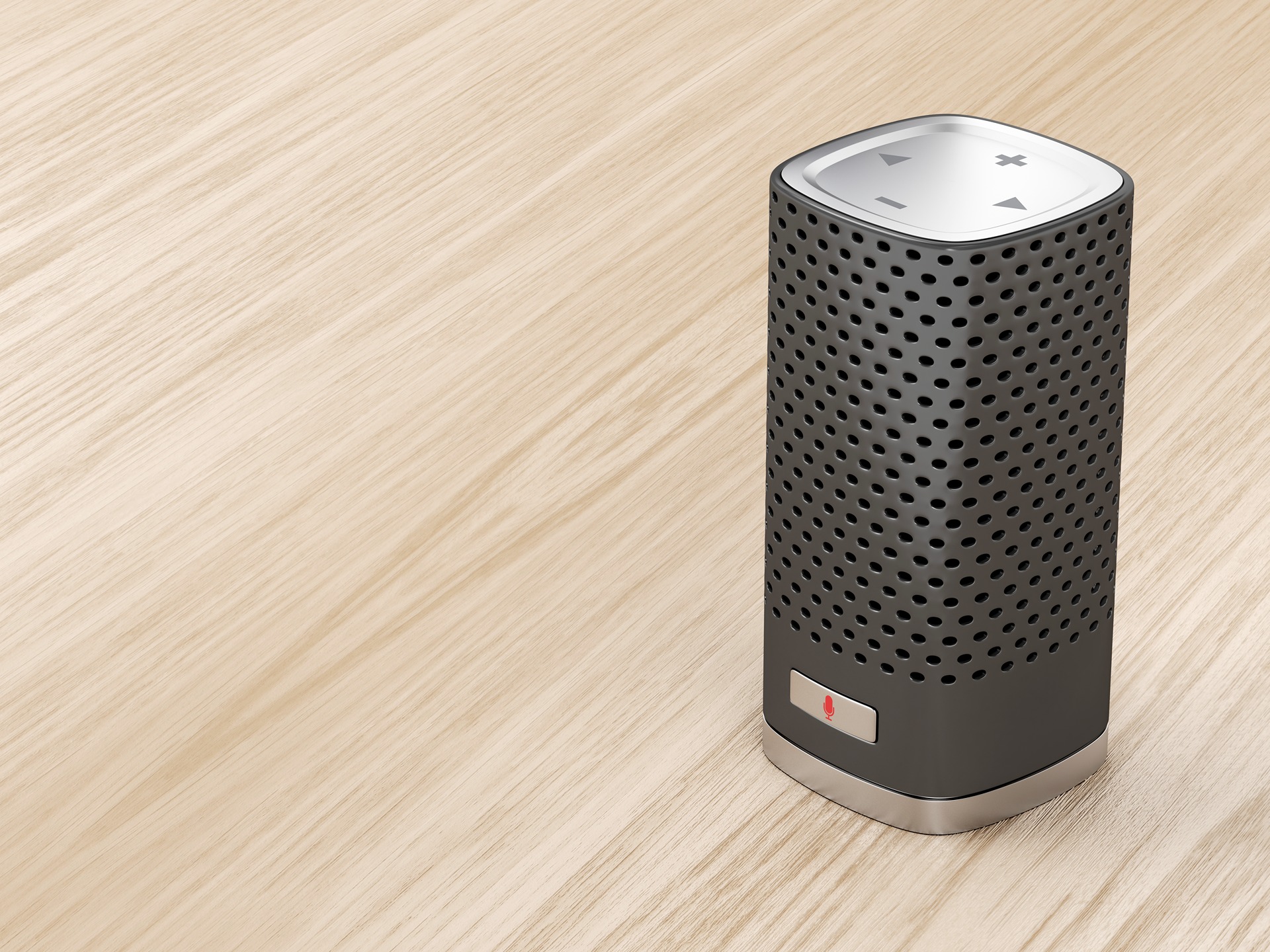
An easy and simple method to test if your speaker is blown or not is using a battery. Hold the wire of your speaker in your hand while being connected and powered and bring it in contact with a nine-volt battery.
If it delivers a screeching sound then it’s in perfect shape, but if you aren’t able to hear anything, that’s a sign that the speaker is blown.
On the other hand, if your speaker starts to act unusual by making buzzing sounds or creating sound coloration in different frequencies, the cause might also be internal-damage. This can be a studio monitor, car speaker, guitar amplifier, bookshelf, or floor-standing speaker.
Malfunctions can happen due to physical damage you have caused over time with harsh drops or internal damage where the voice coils can’t stand certain frequency levels. However, there is a possible chance that an amplifier can be another potential troublemaker that causes the speakers to blow.
How Does a Blown Speaker Sound like?
- Distortion or Sound Coloration– Misleading exaggeration at any frequency range or a hissing (specifically at higher volumes) and fuzzing feel between mid or low frequencies.
- Absence of Vibration – The vibration is easy to figure out. Place your hand above the speaker and compare it to the previous state.
- 9-volt Battery- If you still doubt the speaker is blown, apply the 9-volt trick. Remove the wires and unscrew the speaker, and attach the 9-volt wire. You should hear a popping noise, meaning the speaker is in the proper condition. If no sound is present, then probably the speakers are blown.
- Low Impedance- Speakers have different impedance rates, measured with ohms. For example, if the impedance is 32 and during testing drops below that, the speaker is considered blown.
Manifestation of Blown Speakers: What is the Genuine Reason behind it?
One other simple way to test if your speaker is blown or not is the battery test. This might be the quickest way possible because of its simplicity. I just have to say that this method only works with speakers that have positive and negative wires that hook into a stereo, so its practice may be limited. So, all you have to do is take a 9-volt battery and touch it to the wires. And, after doing that, if it makes scratching noises it’s good and if it makes no sound at all, I’m sorry but you have a blown speaker.
Physical Damage
Sometimes people get clumsy, it happens to the best of us. In a situation where we’re carrying the speaker to move it across the room or putting it somewhere else, we might hit nearby objects or even drop it carelessly when we position it. You may not notice a difference at first sight, but the problem keeps arising over time, and suddenly ta-da, the speakers are blown. When speakers harshly crash into the ground each time, the components inside weaken.
So what do the elders say? ” If you take care of things, they last.” The scenario changes, but the philosophy stays the same.
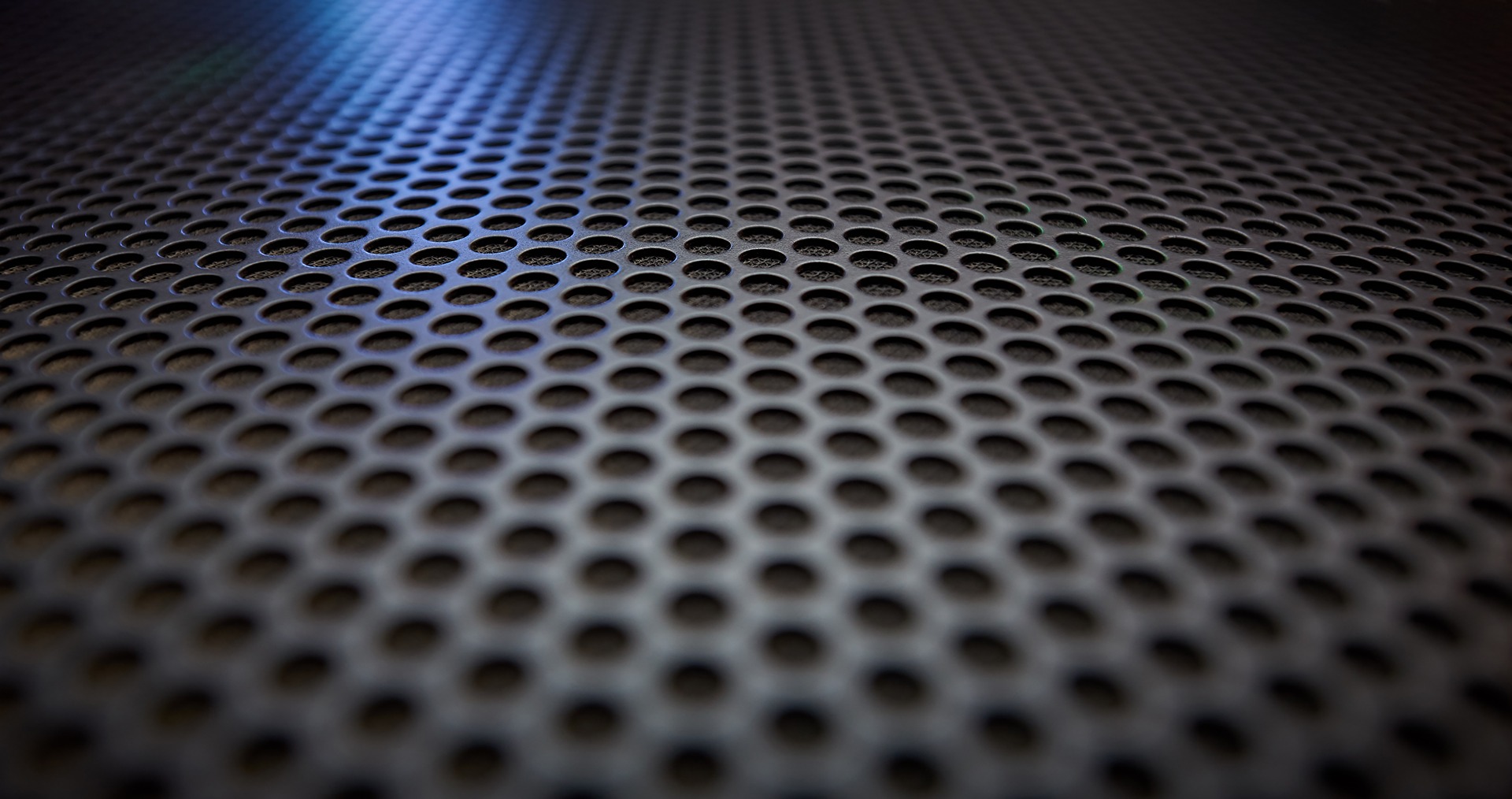
Repeated Equalization Violence and Volume Control
Nearly all car and entertainment speakers are in constant abuse. This happens because you push the EQ limits to the fullest. The speakers can withstand a certain degree of performance, and anything forced beyond that harms the audio equipment.
For example, if you turn the bass and trebles all the way up at once, the voice coils and cone may not be able to handle it. Don’t be surprised when the speakers stop working out of the blue. The same rule applies to high volume as well. The frequency response numbers aren’t just random numbers in the advertisements. Exposing the speakers constantly at a high volume can give distortion or buzzing effects in most cases.
Rare Occasion: Speakers are Non-compatible with Amplifier
As I said, a mismatch is rare but not impossible to happen. While playing around with the amplifier and speakers, you can either underpower or overpower them both. Underpower is when you put more force on the amplifier than it can handle, which in other words, is called Amplifier Clipping. Overpowering happens when the speaker can’t reach the power output.
As a result, we end up having similar issues in both situations. The power rate is deliberately higher, and over time, it causes speakers to make that buzzing effect or distortion or, even worst, stop working. The damage doesn’t happen overnight, but when time passes by, the cone eventually tears apart.
What are my Alternatives for Blown Speaker?
Replace the Blown Speaker with the New One
Today, the market offers great quality speakers at budget-friendly prices. With some research you can get a new one with better quality and I can guarantee they will handle many frequency ranges. Always go for well-known brands; their reputation is not a coincidence.
Put the Blown Speaker in a Test
Before replacing it:
- Test the speaker thoroughly.
- Pay close attention to distortion and examine the cone’s condition visually.
- Play songs you used to play and try to catch the difference. You can borrow another speaker to test out and understand the difference.
Can I Fix a Blown Speaker?
Of course, you can, but I don’t recommend it. If the speaker is partially blown, you may end up tearing it apart entirely. Unless you are not professional, don’t try the DIY things because you will most likely fail. If you insist, I will give you a tip on how to fix your blown speaker. If the cone is torn, you can get a silicone or rubber gel and try to glue it back.
Alternatively, if you don’t hear a single sound from the speaker, track down the wires and focus on twisted or jiggled parts. If the cables look like a huge mess, don’t bother and call a technician.
Frequently Asked Questions
Can You Visually Notice the Blown Speaker?
Don’t be afraid to examine the issue. Remove the speaker from the cover and check the cone. Most issues are related to a damaged cone or voice coil.
Can You Save a Blown Speaker?
You can, but it’s not recommended on rare occasions because DIY projects don’t offer permanent solutions. You can fix the speaker cone permanently, but it will break again. Instead, buy a new one.
How Much Does it Cost to Repair the Blown Speaker?
Depending on the damage, the prices stand between $300 to $500, which is why I said the replacement option is better. If the speaker is high-end, then the price can go up to $1000.
Final Words
In conclusion, the blown speaker does not sound pleasant to the ear. It occurs when we encounter sound coloration and lack of vibration. Maybe you abused the speaker throughout the use, or the amplifier is the issue. Lastly, you have no idea how much damage you cause to speakers in a single drop, so be extra careful if it’s portable. Test it out beforehand, and then I suggest you replace it instead of repairing it.
Further Reading
If you own a Logitech G930 and the crackling or buzzing noises disturb you then click the link to find out what to do to fix it.
In case you want to accompany your speaker with a soundbar and you are indecisive if 2.1 or 3.1 Soundbar is better, reading the article is a must.
Hardcore gamers, since you’re here too, check out if 7.1 surround sound is good for your happy hours.
Equipment Tester & Reviewer
I’m an unbiased audio equipment tester & reviewer, dedicated to keeping you up-to-date on the latest and greatest in audio gear.

